Online Class: Sustainable Living and Eco-Friendly Practices

-
15Lessons
-
22Exams &
Assignments -
7Hours
average time -
0.7CEUs
Course Description
Imagine waking up each day in a world that is not just sustainable, but thriving--a world you helped create. This is not just a dream; with the "Sustainable Living and Eco-Friendly Practices" course, it becomes your reality. This transformative journey isn't just about learning; it's about revolutionizing your lifestyle and becoming a pioneer in the burgeoning movement towards a greener, more ethical world.
Nestled at the intersection of passion and practicality, this course is designed for those who see a brighter future and seek the tools to make it possible. Whether you're an eco-enthusiast, a professional in the industry, or someone who wants to leave a positive footprint, this course serves as both stepping stone and compass, guiding you through the thrilling process of living sustainably and the profound impact it promises.
Under the guidance of seasoned experts, you'll unravel the intricacies of your ecological footprint, understanding not just the numbers but the stories behind them. As you delve into the concepts of renewable energy, sustainable agriculture, and water conservation, you'll start seeing the world through a lens that aligns with both nature and necessity. It's more than a lesson--it's a call to action to reduce our planetary impact and foster a hopeful future.
One of the course's cornerstones is the powerful philosophy of zero waste--a philosophy that goes beyond refuse, reduce, and recycle. It's about reimagining how you interact with resources, and revolutionizing your lifestyle in ways that ripple out into your community, and beyond. Feel the satisfaction that comes from tangible results as you choose sustainability not by chance, but as a way of life impacting the world around you.
Imagine the thrill of insight as the veil lifts on the emerging world of renewable energy, where geothermal wonders and the dynamic dance of wind and solar create the symphony that powers tomorrow. Uncover how Sweden's geothermal advances and Japan's ventures into hydrogen fuel cells can inspire and inform sustainable journeys wherever you are.
Shift your perceptions on transportation and feel the excitement of joining global efforts in eco-friendly mobility. Dive into narratives of cities transforming their transit systems and take your place among pioneers of change making electric and shared mobility the norm.
Engage deeply with nature and rebalance the world starting from your own garden. Experience the richness of sustainable gardening, where every seed planted becomes a pledge to protect biodiversity and create life-giving ecosystems.
As you journey through the landscapes of ethical consumerism, discover the profound power of choice. Understand how each dollar spent supports fair practices and contributes to vital transformations in industries like agriculture and fashion, turning spending into a force for good.
Venture into the essential world of water sustainability, learning how every drop you save today directly impacts a future of abundance. Through techniques like smart irrigation and greywater systems, elevate everyday actions into a grand narrative of conservation and justice.
Confront the vast challenges of waste head-on, transforming daily habits with insights and practices to reduce, redesign, and contribute to a cleaner planet. Picture a future where oceans are safeguarded and landfills reduced thanks to your informed and conscious decisions.
Knock down barriers with sustainable architecture insights, where harnessing passive solar designs transforms buildings into energy-efficient marvels. Lay the foundation for a future where living spaces harmonize with nature rather than competing with it.
Revolutionize your wardrobe while protecting the planet as you embrace sustainable fashion. Empower yourself with knowledge and choice, turning your closet into a testament to ethical and environmentally friendly decisions.
Discover the purity of natural cleaning methods and breathe easier knowing your home is free from harmful chemicals. Every adoption of green practices enriches your lifestyle, echoing a dedication to zero waste.
Finally, find your place within global movements fostering biodiversity and community resilience. From model projects like BedZED to personal garden sanctuaries, learn how collective action and traditional practices usher in sustainable change.
This course--rich in content, connection, and purpose--awaits your enrollment, promising far more than knowledge; it offers transformation. Start today, and step into the role of an empowered steward of the Earth. Your journey to a sustainable future begins here.
- Business
- Business Ethics Courses
- Harassment Prevention Courses
- Human Resources Certifications
- Management
- Aromatherapy Courses
- Caregiver Courses
- Career Development Courses
- Communications Courses
- Confidence and Self Esteem Courses
- Healing
- Human Anatomy Courses
- Medical Skills
- Health & Medicine
- Nutrition
- Marketing
- Microsoft Office Certification Courses
- Life Coaching Courses
- Self-Improvement
- Small Business Certifications
- Safety
- Writing Improvement
- Business Writing Courses
Course Lessons
Lesson 1. Ecological Footprint: Understanding and Reducing Our Impact
 Review Practice Worksheet: Lesson-1-HomeWork-26826.pdf
Review Practice Worksheet: Lesson-1-HomeWork-26826.pdf Lesson discussions: Reasons for Taking this Course
Lesson discussions: Reasons for Taking this Course Complete: Lesson 1 Activity
Complete: Lesson 1 Activity Assessment: Lesson 1 Review Exam
Assessment: Lesson 1 Review Exam
Lesson 2. Zero Waste, Maximum Impact
 Review Practice Worksheet: Lesson-2-Activity-26827.pdf
Review Practice Worksheet: Lesson-2-Activity-26827.pdf Complete: Lesson 2 Activity
Complete: Lesson 2 Activity Assessment: Lesson 2 Review Exam
Assessment: Lesson 2 Review Exam
Lesson 3. Energy for Tomorrow: Unleashing the Potential of Renewables
 Review Practice Worksheet: Lesson-3-HomeWork-26828.pdf
Review Practice Worksheet: Lesson-3-HomeWork-26828.pdf Complete: Lesson 3 Activity
Complete: Lesson 3 Activity Assessment: Lesson 3 Review Exam
Assessment: Lesson 3 Review Exam
Lesson 4. Shifting Gears: The Evolution of Eco-Friendly Transport
 Review Practice Worksheet: Lesson-4-WorkSheet-26829.pdf
Review Practice Worksheet: Lesson-4-WorkSheet-26829.pdf Complete: Lesson 4 Activity
Complete: Lesson 4 Activity Assessment: Lesson 4 Review Exam
Assessment: Lesson 4 Review Exam
Lesson 5. Guardians of Green: Sustainable Gardening for a Balanced World
 Review Practice Worksheet: Lesson-5-Downloadable-26830.pdf
Review Practice Worksheet: Lesson-5-Downloadable-26830.pdf Complete: Lesson 5 Activity
Complete: Lesson 5 Activity Assessment: Lesson 5 Review Exam
Assessment: Lesson 5 Review Exam
Lesson 6. Conscious Choices, Global Impact: Navigating the Path to Ethical Consumerism
 Review Practice Worksheet: Lesson-6-StudyGuide-26831.pdf
Review Practice Worksheet: Lesson-6-StudyGuide-26831.pdf Complete: Lesson 6 Activity
Complete: Lesson 6 Activity Assessment: Lesson 6 Review Exam
Assessment: Lesson 6 Review Exam
Lesson 7. Water Cycle Insights: A Guide to Domestic Sustainability
 Review Practice Worksheet: Lesson-7-HomeWork-26832.pdf
Review Practice Worksheet: Lesson-7-HomeWork-26832.pdf Complete: Lesson 7 Activity
Complete: Lesson 7 Activity Assessment: Lesson 7 Review Exam
Assessment: Lesson 7 Review Exam
Lesson 8. From Landfills to Ocean Depletion: Confronting Global Waste
 Review Practice Worksheet: Lesson-8-HomeWork-26833.pdf
Review Practice Worksheet: Lesson-8-HomeWork-26833.pdf Assessment: Lesson 8 Review Exam
Assessment: Lesson 8 Review Exam
Lesson 9. Exploring the Real Impact of Your Daily Choices on Climate Change
 Review Practice Worksheet: Lesson-9-Activity-26834.pdf
Review Practice Worksheet: Lesson-9-Activity-26834.pdf Assessment: Lesson 9 Review Exam
Assessment: Lesson 9 Review Exam
Lesson 10. Passive Solar Design: Sustainable Building Practices Unveiled
 Review Practice Worksheet: Lesson-10-WorkSheet-26835.pdf
Review Practice Worksheet: Lesson-10-WorkSheet-26835.pdf Assessment: Lesson 10 Review Exam
Assessment: Lesson 10 Review Exam
Lesson 11. The Fashion Industry's Multifaceted Environmental Impact: Navigating Sustainability and Style
 Review Practice Worksheet: Lesson-11-HomeWork-26836.pdf
Review Practice Worksheet: Lesson-11-HomeWork-26836.pdf Assessment: Lesson 11 Review Exam
Assessment: Lesson 11 Review Exam
Lesson 12. Natural Cleaning: A Greener, Healthier Alternative
 Review Practice Worksheet: Lesson-12-WorkSheet-26837.pdf
Review Practice Worksheet: Lesson-12-WorkSheet-26837.pdf Assessment: Lesson 12 Review Exam
Assessment: Lesson 12 Review Exam
Lesson 13. Biodiversity's Crucial Role in Human Survival
 Review Practice Worksheet: Lesson-13-WorkSheet-26838.pdf
Review Practice Worksheet: Lesson-13-WorkSheet-26838.pdf Assessment: Lesson 13 Review Exam
Assessment: Lesson 13 Review Exam
Lesson 14. Fostering Sustainable Living Through Community Engagement and Awareness
 Review Practice Worksheet: Lesson-14-StudyGuide-26839.pdf
Review Practice Worksheet: Lesson-14-StudyGuide-26839.pdf Assessment: Lesson 14 Review Exam
Assessment: Lesson 14 Review Exam
Lesson 15. Farming with Nature: Methods That Heal the Earth
 Review Practice Worksheet: Lesson-15-HomeWork-26840.pdf
Review Practice Worksheet: Lesson-15-HomeWork-26840.pdf Lesson discussions: End of Course Poll; Course Comments
Lesson discussions: End of Course Poll; Course Comments Assessment: Lesson 15 Review Exam
Assessment: Lesson 15 Review Exam
Learning Outcomes
- Define the concept of ecological footprint by calculating the required land and water area to sustain specific human activities.
- Identify sustainable practices, such as renewable energy adoption and water conservation, that effectively reduce ecological footprints.
- Demonstrate community involvement in zero waste practices by organizing or participating in local swap meets and repair cafés.
- Define conscious consumerism and describe its impact on reducing waste by choosing sustainable products such as rechargeable batteries.
- Demonstrate the ability to evaluate the suitability of renewable energy solutions based on geographic and climatic conditions.
- Recognize the economic and environmental benefits of integrating solar and wind energy for residential use.
- Define the impact of electric vehicle (EV) adoption on reducing urban CO2 emissions by analyzing case studies from global cities.
- Demonstrate understanding of sustainable transportation methods by comparing public transit systems and personal mobility options like cycling and walking.
- Demonstrate an understanding of efficient water conservation techniques in sustainable gardening by comparing different irrigation systems and practices.
- Identify and describe three methods of enhancing soil health through sustainable gardening practices, including their environmental benefits.
- Evaluate the ethical practices of corporations by analyzing their sourcing, labor policies, and commitments to sustainability.
- Recognize and differentiate between various eco-labels and certifications, verifying their authenticity and relevance to ethical consumerism.
- Demonstrate mastery of lesson content at levels of 70% or higher.
Additional Course Information

- Document Your Lifelong Learning Achievements
- Earn an Official Certificate Documenting Course Hours and CEUs
- Verify Your Certificate with a Unique Serial Number Online
- View and Share Your Certificate Online or Download/Print as PDF
- Display Your Certificate on Your Resume and Promote Your Achievements Using Social Media

Related Courses
-
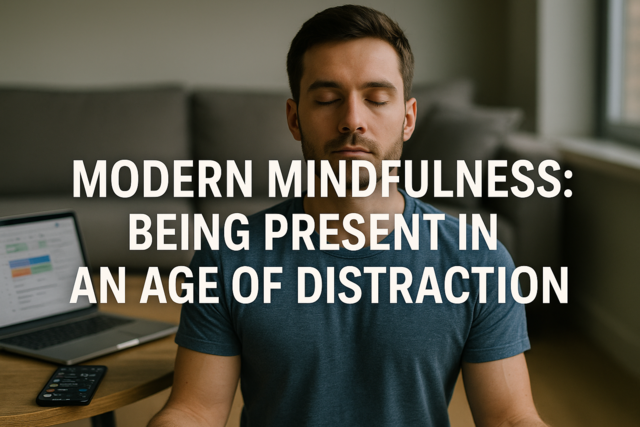 7 hours
0.7 CEUs
Modern Mindfulness: Being Present in an Age of Distraction
+ More Info
7 hours
0.7 CEUs
Modern Mindfulness: Being Present in an Age of Distraction
+ More Info
-
 6 hours
0.6 CEUs
Digital Marketing Fundamentals
+ More Info
6 hours
0.6 CEUs
Digital Marketing Fundamentals
+ More Info
-
 6 hours
0.6 CEUs
Luxe Vision: Designing a Fashionable Future
+ More Info
6 hours
0.6 CEUs
Luxe Vision: Designing a Fashionable Future
+ More Info
-
 4 hours
0.4 CEUs
Narcissistic Loops: Breaking the Cycle of Self-Absorption
+ More Info
4 hours
0.4 CEUs
Narcissistic Loops: Breaking the Cycle of Self-Absorption
+ More Info
-
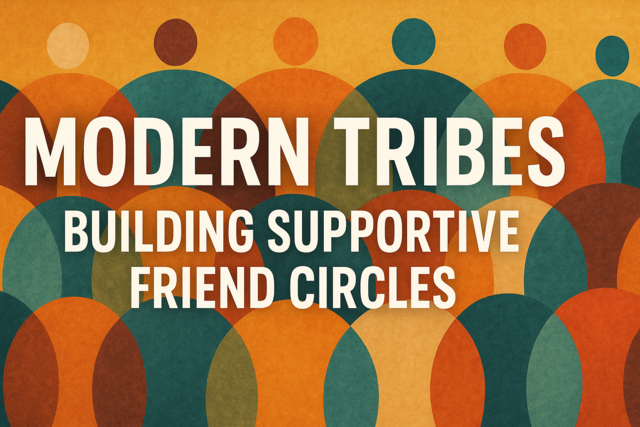 6 hours
0.6 CEUs
Modern Tribes: Building Supportive Friend Circles
+ More Info
6 hours
0.6 CEUs
Modern Tribes: Building Supportive Friend Circles
+ More Info
-
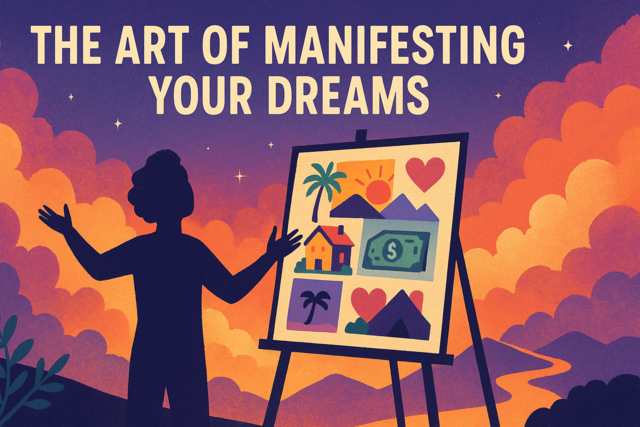 7 hours
0.7 CEUs
The Art of Manifesting Your Dreams
+ More Info
7 hours
0.7 CEUs
The Art of Manifesting Your Dreams
+ More Info
-
 6 hours
0.6 CEUs
Assistive Technology in Special Education: Tools and Applications
+ More Info
6 hours
0.6 CEUs
Assistive Technology in Special Education: Tools and Applications
+ More Info
-
 5 hours
0.5 CEUs
Boosting Productivity with Effective Email Management
+ More Info
5 hours
0.5 CEUs
Boosting Productivity with Effective Email Management
+ More Info
-
 4 hours
0.4 CEUs
Raising Emotionally Intelligent Children: A Guide for Parents
+ More Info
4 hours
0.4 CEUs
Raising Emotionally Intelligent Children: A Guide for Parents
+ More Info
-
 7 hours
0.7 CEUs
Remote Work Best Practices
+ More Info
7 hours
0.7 CEUs
Remote Work Best Practices
+ More Info
-
 4 hours
0.4 CEUs
Basic Household Maintenance Skills
+ More Info
4 hours
0.4 CEUs
Basic Household Maintenance Skills
+ More Info
-
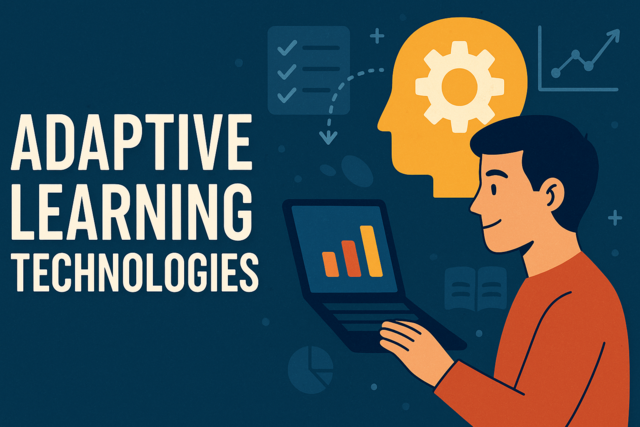 6 hours
0.6 CEUs
Adaptive Learning Technologies
+ More Info
6 hours
0.6 CEUs
Adaptive Learning Technologies
+ More Info
-
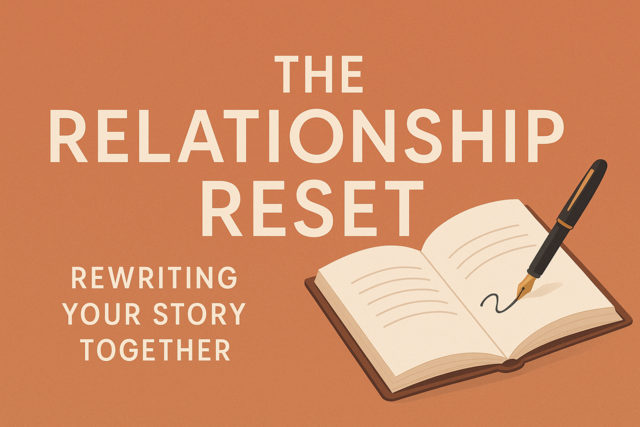 5 hours
0.5 CEUs
The Relationship Reset: Rewriting Your Story Together
+ More Info
5 hours
0.5 CEUs
The Relationship Reset: Rewriting Your Story Together
+ More Info
-
 6 hours
0.6 CEUs
Leadership Skills for Instructional Coaches
+ More Info
6 hours
0.6 CEUs
Leadership Skills for Instructional Coaches
+ More Info
-
 4 hours
0.4 CEUs
Emergency Preparedness and Survival Skills
+ More Info
4 hours
0.4 CEUs
Emergency Preparedness and Survival Skills
+ More Info
-
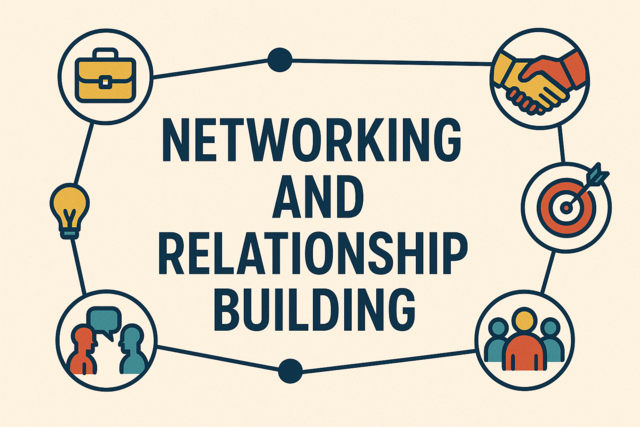 7 hours
0.7 CEUs
Networking and Relationship Building
+ More Info
7 hours
0.7 CEUs
Networking and Relationship Building
+ More Info
-
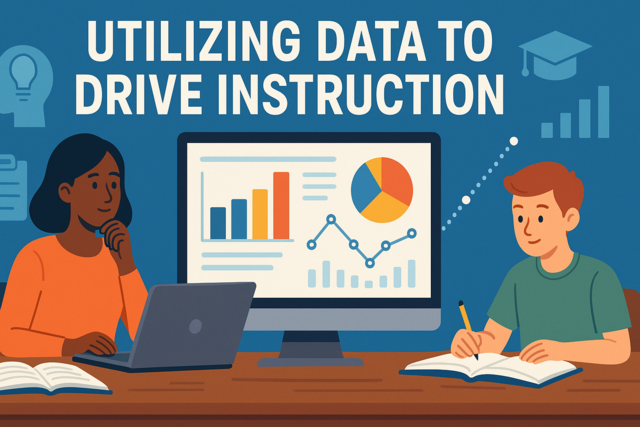 5 hours
0.5 CEUs
Utilizing Data to Drive Instruction
+ More Info
5 hours
0.5 CEUs
Utilizing Data to Drive Instruction
+ More Info
-
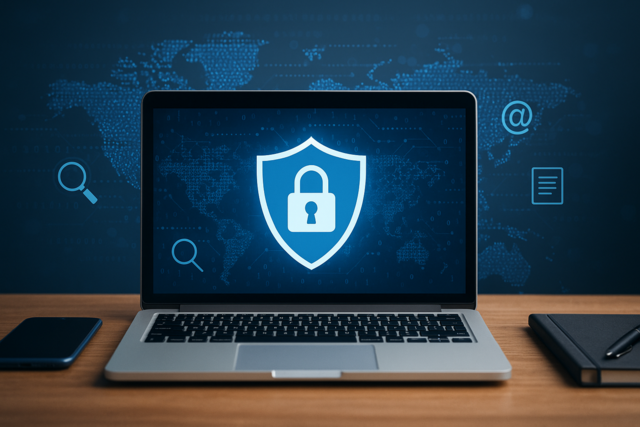 6 hours
0.6 CEUs
Digital Literacy and Security
+ More Info
6 hours
0.6 CEUs
Digital Literacy and Security
+ More Info
-
 6 hours
0.6 CEUs
Introduction to Graphic Design Tools
+ More Info
6 hours
0.6 CEUs
Introduction to Graphic Design Tools
+ More Info
-
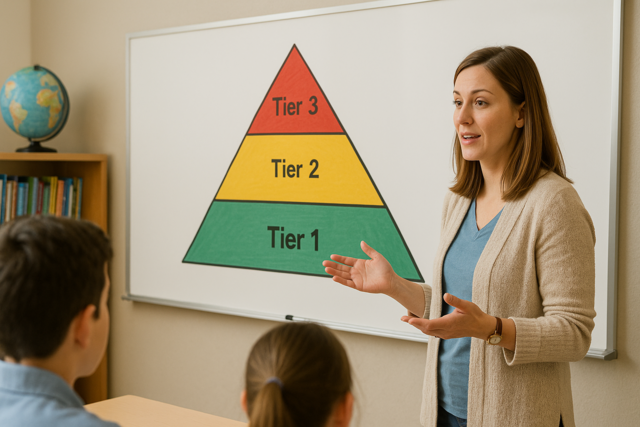 5 hours
0.5 CEUs
Implementing RTI Models in Schools
+ More Info
5 hours
0.5 CEUs
Implementing RTI Models in Schools
+ More Info
-
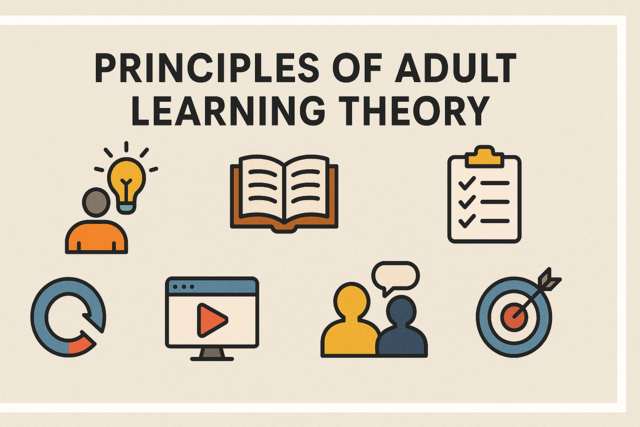 4 hours
0.4 CEUs
Principles of Adult Learning Theory
+ More Info
4 hours
0.4 CEUs
Principles of Adult Learning Theory
+ More Info
-
 7 hours
0.7 CEUs
Stress Less: Mindful Techniques for Family Harmony
+ More Info
7 hours
0.7 CEUs
Stress Less: Mindful Techniques for Family Harmony
+ More Info
-
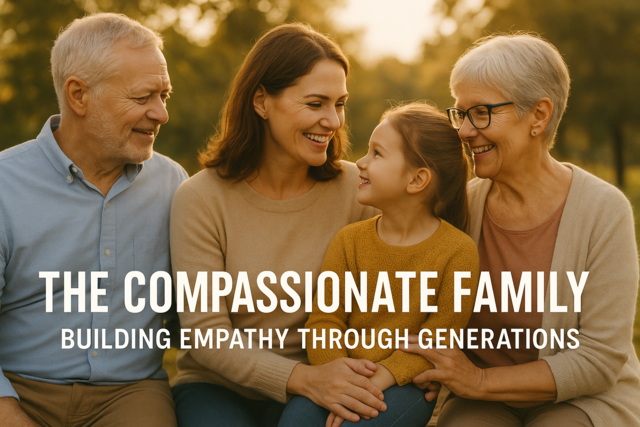 5 hours
0.5 CEUs
The Compassionate Family: Building Empathy Through Generations
+ More Info
5 hours
0.5 CEUs
The Compassionate Family: Building Empathy Through Generations
+ More Info
-
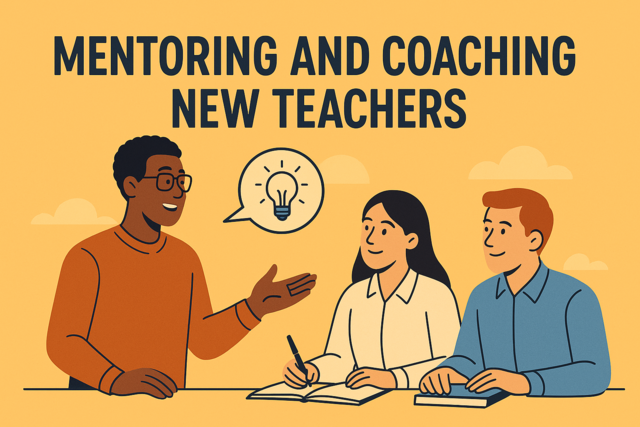 5 hours
0.5 CEUs
Mentoring and Coaching New Teachers
+ More Info
5 hours
0.5 CEUs
Mentoring and Coaching New Teachers
+ More Info
-
 7 hours
0.7 CEUs
The Unseen Energies in the Universe
+ More Info
7 hours
0.7 CEUs
The Unseen Energies in the Universe
+ More Info
-
 4 hours
0.4 CEUs
Implementing Project-Based Learning
+ More Info
4 hours
0.4 CEUs
Implementing Project-Based Learning
+ More Info
-
 7 hours
0.7 CEUs
Civic Education and Engagement
+ More Info
7 hours
0.7 CEUs
Civic Education and Engagement
+ More Info
-
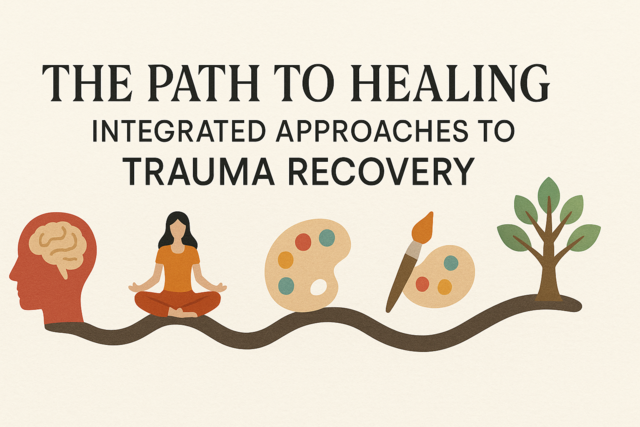 5 hours
0.5 CEUs
The Path to Healing: Integrated Approaches to Trauma Recovery
+ More Info
5 hours
0.5 CEUs
The Path to Healing: Integrated Approaches to Trauma Recovery
+ More Info
-
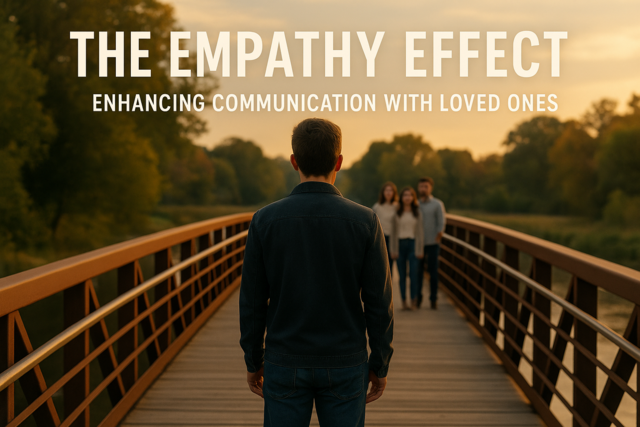 3 hours
0.3 CEUs
The Empathy Effect: Enhancing Communication with Loved Ones
+ More Info
3 hours
0.3 CEUs
The Empathy Effect: Enhancing Communication with Loved Ones
+ More Info
-
 7 hours
0.7 CEUs
Authentic Connections: The Importance of Transparency in Relationships
+ More Info
7 hours
0.7 CEUs
Authentic Connections: The Importance of Transparency in Relationships
+ More Info
-
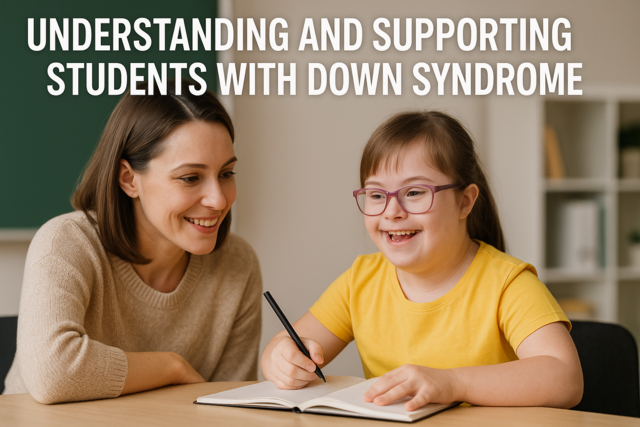 3 hours
0.3 CEUs
Understanding and Supporting Students with Down Syndrome
+ More Info
3 hours
0.3 CEUs
Understanding and Supporting Students with Down Syndrome
+ More Info
-
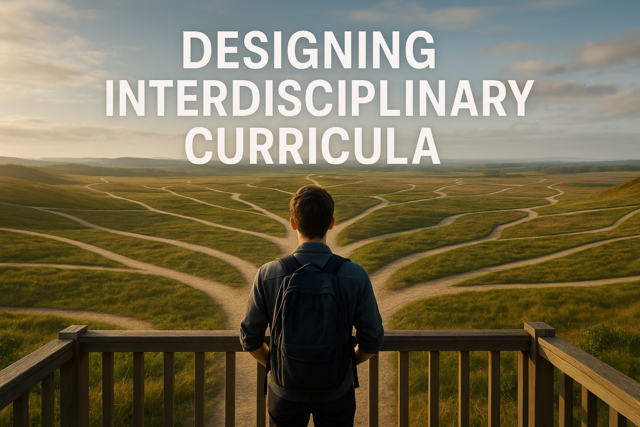 7 hours
0.7 CEUs
Designing Interdisciplinary Curricula
+ More Info
7 hours
0.7 CEUs
Designing Interdisciplinary Curricula
+ More Info
-
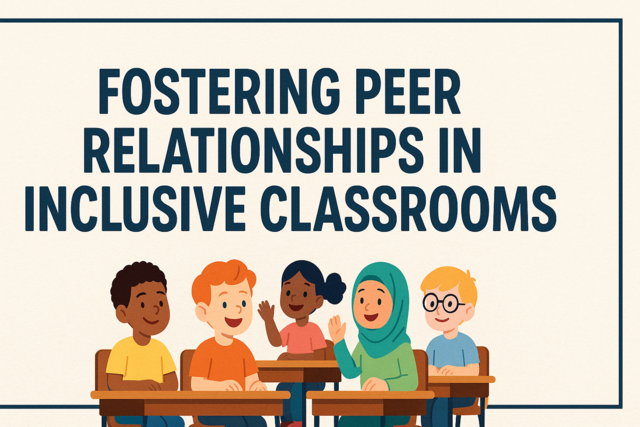 7 hours
0.7 CEUs
Fostering Peer Relationships in Inclusive Classrooms
+ More Info
7 hours
0.7 CEUs
Fostering Peer Relationships in Inclusive Classrooms
+ More Info
-
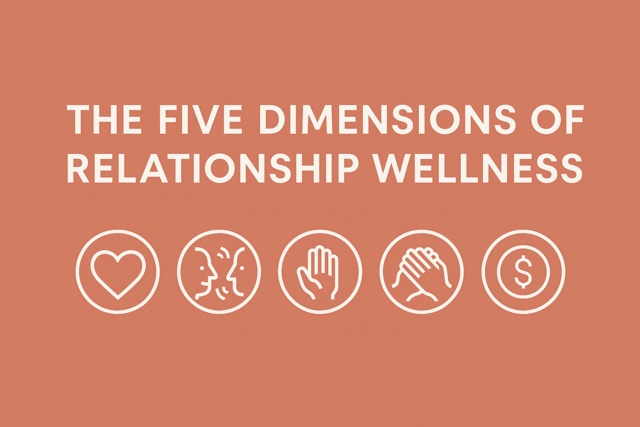 7 hours
0.7 CEUs
The Five Dimensions of Relationship Wellness
+ More Info
7 hours
0.7 CEUs
The Five Dimensions of Relationship Wellness
+ More Info
-
 7 hours
0.7 CEUs
Exquisite Ensembles: Curating a Modern Luxury Wardrobe
+ More Info
7 hours
0.7 CEUs
Exquisite Ensembles: Curating a Modern Luxury Wardrobe
+ More Info
-
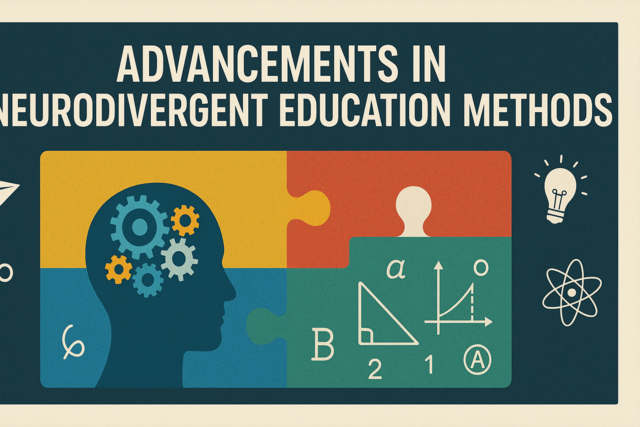 3 hours
0.3 CEUs
Advancements in Neurodivergent Education Methods
+ More Info
3 hours
0.3 CEUs
Advancements in Neurodivergent Education Methods
+ More Info
-
 4 hours
0.4 CEUs
Elite Ensembles: Crafting Timeless Women's Looks
+ More Info
4 hours
0.4 CEUs
Elite Ensembles: Crafting Timeless Women's Looks
+ More Info
-
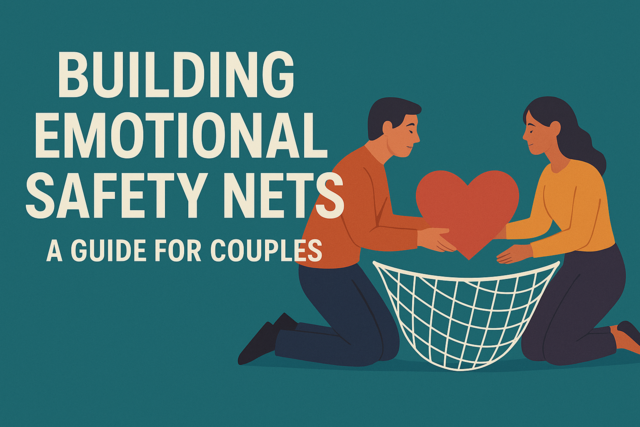 5 hours
0.5 CEUs
Building Emotional Safety Nets: A Guide for Couples
+ More Info
5 hours
0.5 CEUs
Building Emotional Safety Nets: A Guide for Couples
+ More Info
-
 3 hours
0.3 CEUs
Social Media Content Creation
+ More Info
3 hours
0.3 CEUs
Social Media Content Creation
+ More Info




